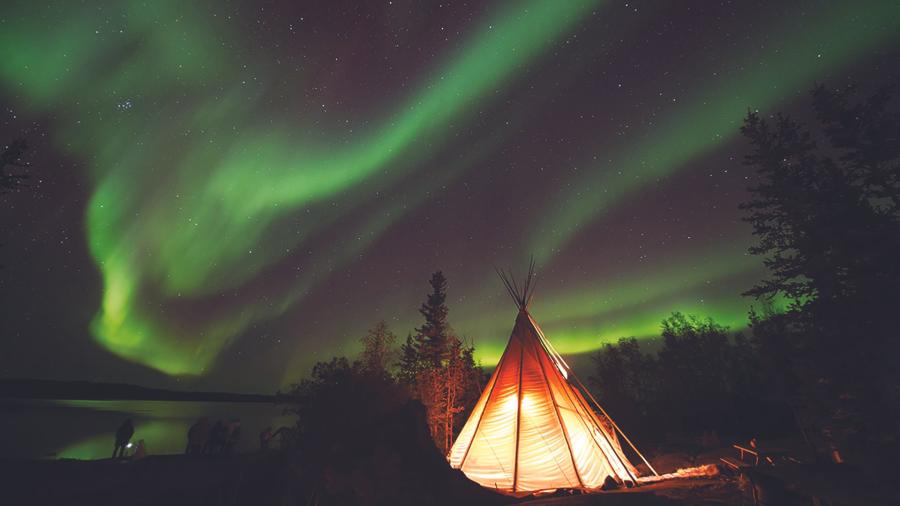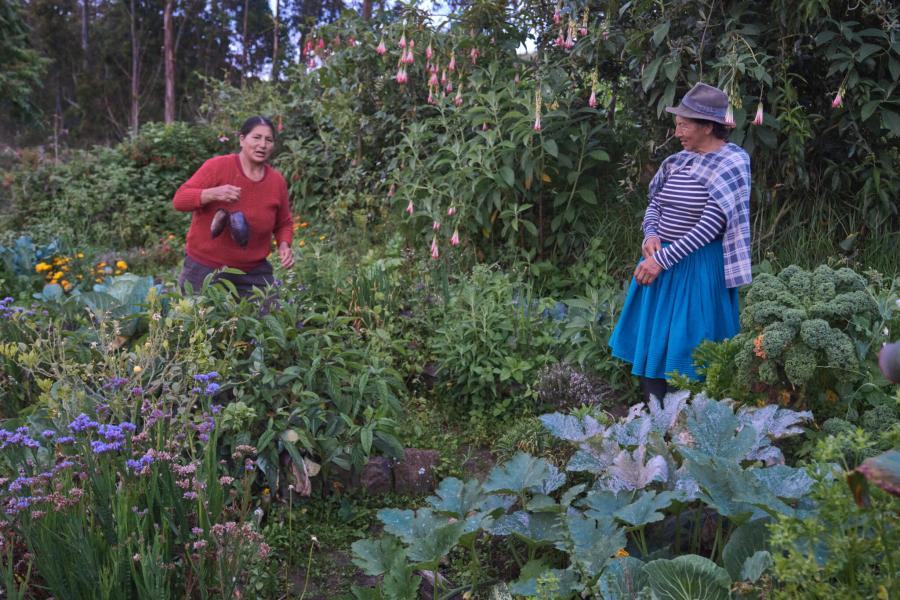
Today, February 14, 2023, Valentine's Day, marks the 32nd Annual Women’s Memorial March which is held every year in Vancouver on February 14 to commemorate the lives of missing and murdered Indigenous women, and all women and underrepresented genders whose lives have been taken due to colonial systemic violence, poverty, racism, displacement, physical, mental, emotional, and spiritual violence, and historical genocide. Indigenous women, girls, and 2SLGBTQ+ people continue to live in fear of violence and disproportionately go missing. The loss and grief for the family members and community members have endured. The March is held as a space for healing and a call to the public for meaningful action.
According to Statistics Canada, between 2001 and 2015, Indigenous women were killed at a rate nearly six times higher than non-Indigenous women. The rate of violence against Indigenous women, girls, trans people, and Two-Spirit people is also staggeringly disproportionate compared to non-Indigenous people.
The first Women's Memorial March held in 1992 drew minimal attention, since then thousands of people have gathered in support of the inquiry of lost loved ones. The March starts at Hastings and Main in the Downtown Eastside of Unceded Coast Salish Territories, where family members of missing and murdered loved ones share their stories about why they march. In a circular route, Elders lead the March making various stops where loved ones' lives were taken, cleansing the space and leaving offerings of medicine and flowers. Following the March, there is a feast for the public.
So often there is attention drawn to dehumanize or silence the stories of missing and murdered Indigenous women, girls, trans people, Two-Spirits, and variant genders people where their lives are not seen as sacred. As Indigenous people, we hold value to our women and girls as sacred, not only as life givers but as warriors who are resilient, potent, and powerful beings in our cultural practices. Two-Spirit and other genders in Indigenous cultures were historically seen as diverse fluid people that could hold various roles such as medicine keepers, spiritual guides, healers, visionaries, artists, and warriors that were also given roles to men and women but were able to flux between roles of masculinity and femininity. There was no discrimination against genders. Most of the values and traditional practices have been eradicated by colonialism and are being recovered each generation.
As we commemorate the lost lives, it is important to reflect on the importance of healing. The song that is sung during the March is known as the Women's Warrior song, it echoes through the alleys and the pulsing sound of the drums vibrates through the body, awakening emotions. The spirit of the ancestors emerges in many forms throughout the March sending their messages of strength to the relatives, families, and community members in grief.
The song was gifted by Lil’wat Nation Elder Martina Pierre (Saw̓t) over 30 years ago. Elder Martina Pierre in a youtube video in 2016 published by the Women´s Memorial March committee, shares the story behind the song.
I was in a sweat lodge 29 years ago, and I was praying because my daughter at the time became a sing mother. When it was my turn to pray this song was what my prayer was and it sounded very familiar to me. I don’t know where I heard it before or if I have heard it at all. But I was crying out for help, so when we sing this song the first little verse is calling, calling for the higher powers, calling for the energy because it's there. Sometimes we forget to call. These first few calls are calling for the love of the universe, our greater power to come and look at me. I am just a lonely human being asking for help. And that is what it is to carry on every time we call. Every time we call, we call in all directions, we call for our ancestors, we call for our spiritual leaders who have gone before us and that is where the strength will come, the energy for us to stand together and overcome all of our issues. Overcome everything that we have inherited from residential schools, from the impact of the colonial system. Our women warriors need to stand together to protect our young mothers, our young children. And the men need to come up and be warriors and protect the communities. That is what I pray for today. I am marching today for that balance of life and peace for the other generations. When we talk about our seven generations, it's time for our drums, time for one of us to find our own song that will bring that energy of peace and love to ourselves and to those around us. Because if you radiate that love and peace it's going to attract others.
The song is now a symbol of healing and strength that it was sung not only at the March and has become a national song that recognizes the importance of bringing back the imbalance of power across the gender spectrum. On this day, we send our prayers to families, relatives, and community members who are grieving the loss of a loved one. For many Indigenous cultures, prayers are a powerful energy that guides and supports the manifestation of healing. When we are in a community coming together in a circle, uniting our energies, the collective prayers amplify the connection with the ancestors and material world. We invite you to reflect on these teachings in creating space for meaningful impact for Indigenous women, girls, and 2SLGBTQ+ people.
Watch the live stream of the March here:



